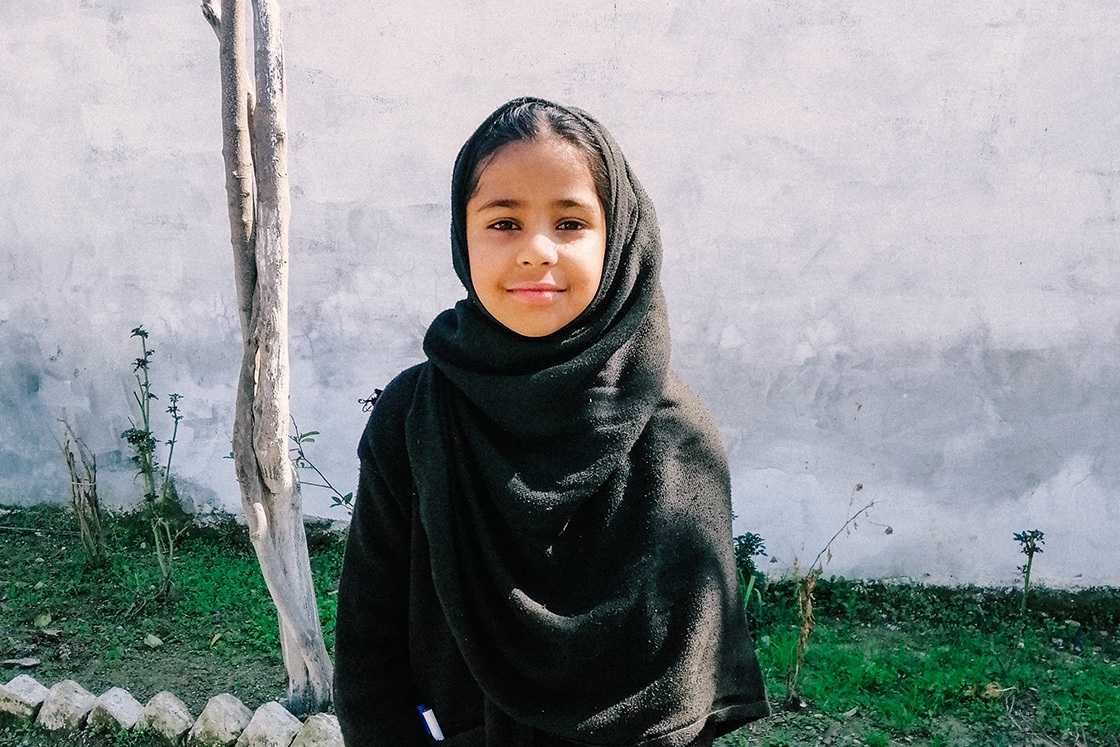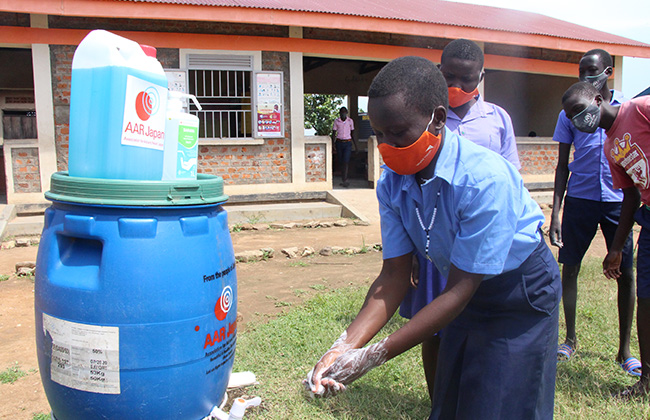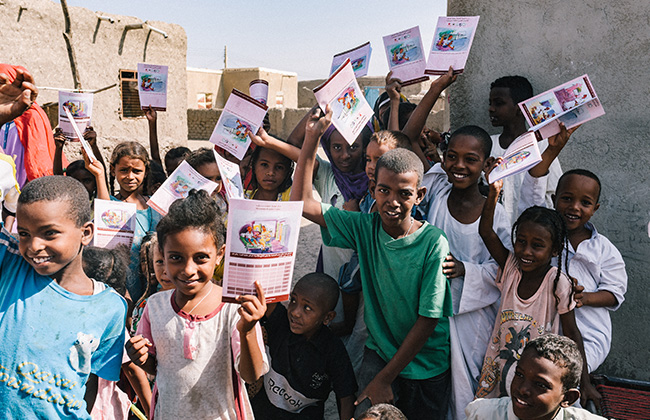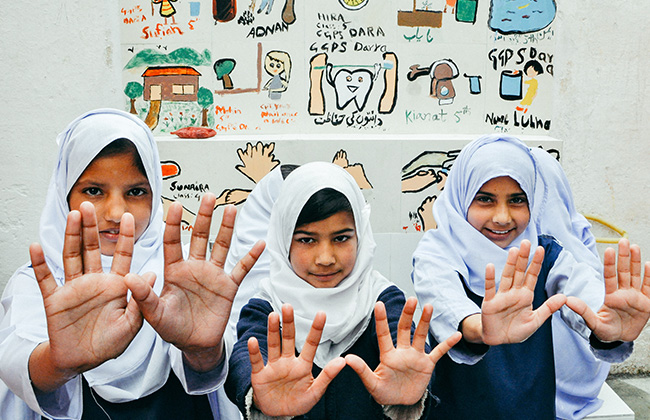
Ethiopian Refugees Forced to Live in Poor Sanitation Areas
- #Fighting Infections / WASH
09/10/2021
There are still people in the world who do not have access to safe water and
sanitation facilities. AAR Japan is working to ensure those who are among
the most vulnerable are protected from the dangers of infectious diseases and
are able to live safely.

I am happy to have a toilet and a
hand-washing station at school.Bibi
 Bibi happily talks about the new water and sanitation facilities at the school and the changes in her surroundings.
Bibi happily talks about the new water and sanitation facilities at the school and the changes in her surroundings.
Bibi is a fourth-grader at an elementary school in Pakistan. In the past, she had to drink unsanitary water and use toilets without water at school.
“I was very happy when AAR helped us to build a sanitation system in our school," she said. “After I learned that drinking water straight from the tap could cause diarrhea and vomiting, I started to boil water at home”.

A child washes his hands using a water tank set up by AAR and soap distributed by AAR (Uganda).
Protecting already vulnerable populations from novel coronaviruses
Novel coronavirus infections have a tremendous impact on people who are already vulnerable, such as refugees, displaced people, and persons with disabilities. To protect them from the new coronavirus infection, we provide reliable information, conduct hygiene awareness activities, and distribute hygiene products such as masks and soap.

Children in a village hold a notebook with information on mycetoma distributed by AAR (Sudan).
Protecting local people from neglected tropical diseases*.
Mycetoma, an infectious disease caused by bacteria and fungi that gradually invade muscles and bones, was added to the official list of neglected tropical diseases by the World Health Organization (WHO) in 2016. We conduct awareness raising activities for mycetoma patients and residents, and provide surgical support. We also encourage patients to seek medical check-ups and treatment early enough to prevent the disease from turning more serious.
*Neglected Tropical Diseases (NTDs) are infectious diseases widespread mainly in tropical regions and have not been considered significant diseases until now. The majority of patients are those who are in financially difficult situation, which has hindered investment in the development of therapeutic drugs.

Children proudly show their hands, saying, "I washed my hands clean" (Pakistan)
Providing clean water and sanitation facilities
For better access to water and sanitary environment, we drill wells, installing hand-washing stations and water tanks, construct and repair toilets in public elementary schools in Pakistan and Afghanistan. We are also involved in hygiene awareness activities, teaching students how to wash their hands properly.